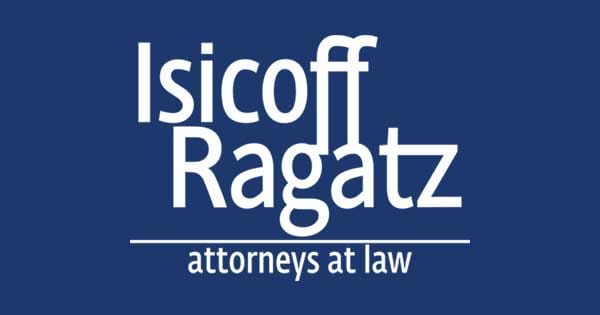Whistleblower laws strengthen our markets and help keep employers, employees and their customers safe. They hold wrongdoers accountable for illicit, illegal and unethical actions. As such, this blog will focus on our state’s Whistleblower Act.
Who do Florida whistleblower laws protect?
Whistleblowers can be anyone, from the high-level executive level CEO to the hourly front-line workers. For example, they can be a sales representative that reports fraud in the sales process. It could be a nursing home or hospital employee reporting unsanitary and unsafe conditions. It could even be public employees reporting discriminatory policies and procedures at the local or state level. Of course, these are only a few examples.
Retaliation
A key part of the Florida Whistleblower’s Act is that it makes it illegal to retaliate against the whistleblower. Specifically, whistleblowers cannot be fired, treated negatively or in any way, face retaliation because of their disclosures.
Which employers are covered?
The Florida Whistleblower’s Act covers both public and private employees. And, if those employees experience retaliation, they can sue for lost wages, back pay and benefits, along with any other damages they incurred as a result of that retaliation. Though, under the law, private and public employers are treated slightly differently.
Prerequisites
Employees seeking whistleblower protection must meet some prerequisites. First, the employee must make their disclosure under oath and in writing. Second, the disclosure must be about a practice, activity or policy of the employer. The employee must have experienced retaliation as a result of their report (or received threats of retaliation). The employee must also give their employer written notice of the illicit activity, which gave the employer a reasonable opportunity to correct that activity. Though, for public employees, there is an administrative procedure they must follow, which private employees do not have to follow.
For Miami, Florida, employers and employees, the takeaway here is that we all should encourage people to report illegal, illicit and unethical practices. Employers should have an opportunity to correct course, and those reporting employees should be rewarded, not face retaliation for their good work.

